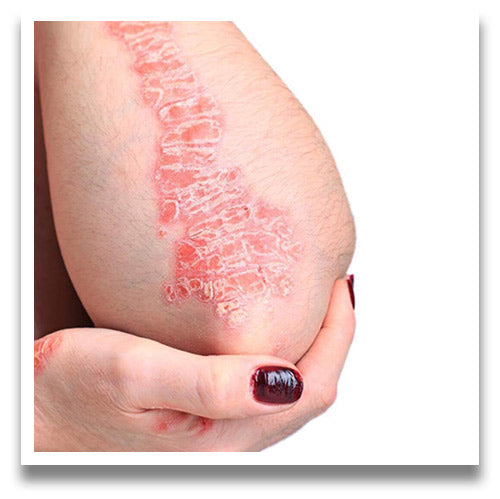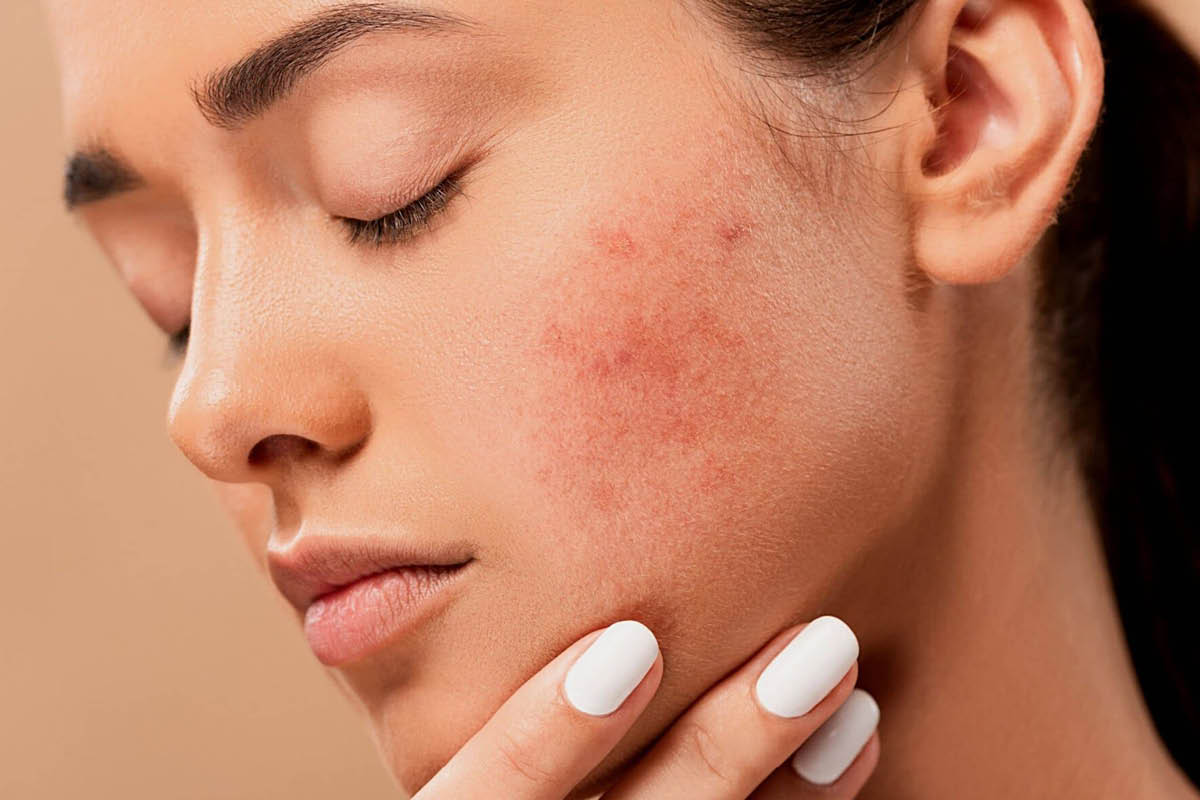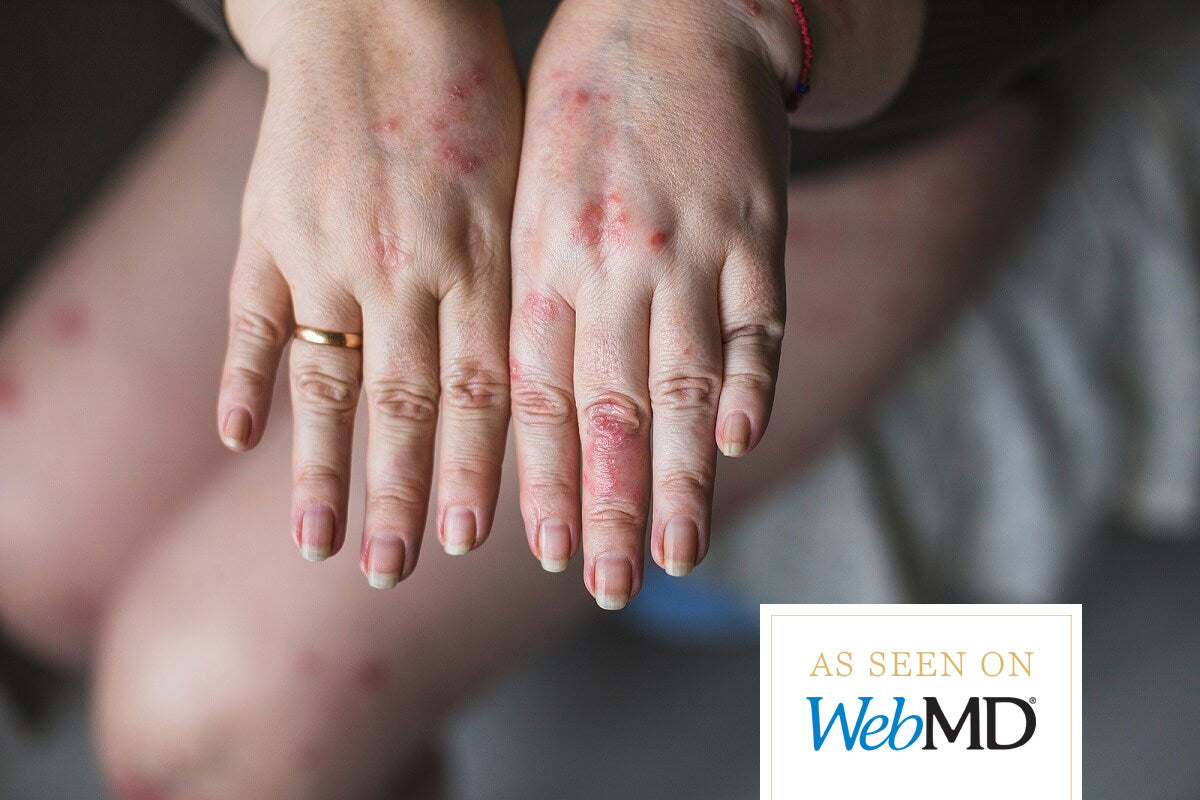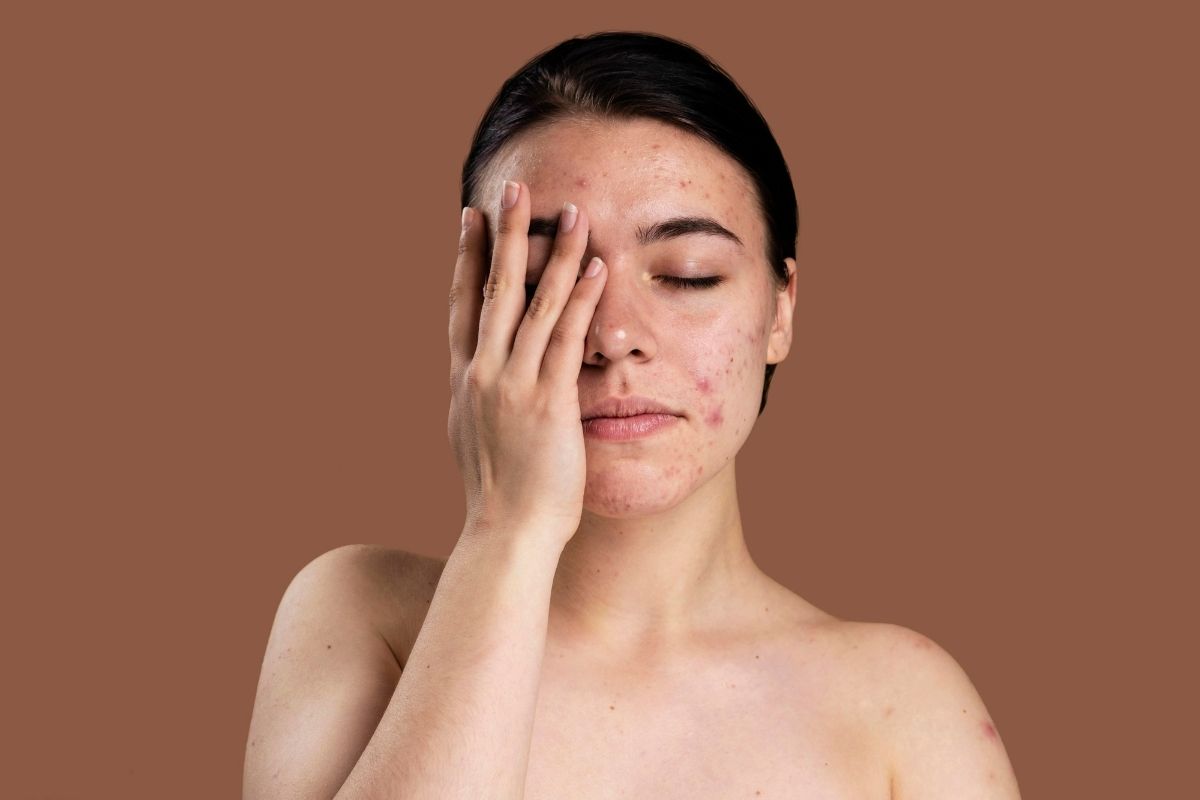I must admit this topic is very dear to my heart and was prompted by seeing several posts on social media about people who are changing their diet to help reduce inflammation in their skin and heal psoriasis or eczema on their body.
Which sounds great that people are trying to take back some control over their health, but instead I would cringe looking at what they were eating. I understand we are all different and so foods is a tough one as some people react to eggs while others react to dairy. So for the purpose of this blog post I will stick to science and what researchers have told us to stay away from.
Number 1: Gluten should be avoided. Gluten is such an emotive topic and I never understand why. If you eat something and you physically feel unwell why intellectualise it? The way you feel doesn’t need to be explained, it simply is your body communicating with you. But if you haven’t been diagnosed with Celiac Disease and have been diagnosed with psoriasis, then researchers have explained why you flare ups occur when you eat gluten.
Fact 1: researchers have identified a link between moderate to severe psoriasis sufferers and Metabolic Syndrome!
Fact 2: Metabolic Syndrome gives rise to insulin resistance!
Fact 3: Gluten increases insulin resistance and inflammation in the body! Gluten – Free diet reduces adiposity, inflammation and insulin resistance associated with the induction of PPAR-alpha and PPRA-gamma expression. Soares FL, et al
Number 2: High Glycemic Index Carbohydrates increases insulin resistance which increases psoriasis flare ups. Anyone looking to reduce insulin resistance needs to have low glycemic index foods otherwise the high GI foods will send glucose quickly into the blood stream and make it difficult for the incompetent insulin to effectively remove the glucose from the blood stream. Carbohydrates such as brown rice, millet, buckwheat and quinoa should be enjoyed. But remember large quantities of low GI carbs are just as bad as small number of high GI carbs. Keep to an 1/8 of the plate when enjoying carbohydrates* *Unless pregnant or breast feeding then the quantity should increase.
Number 3: Cardio-Vascular Exercise will increase inflammation in the body. Besides diet, the type of exercise you enjoy can increase or decrease insulin resistance. Based on the body’s needs to utilise glucose in the body, weight training increases the need for insulin to send glucose to the muscles cells. This in turn reduces insulin resistance, which ultimately will contribute to reducing psoriasis flare ups.
Number 4: Yeast enhances candidiasis! Candidiasis or candida overgrowth is linked to a number of different health issues including skin problems such as psoriasis. This is where things become a little tricky. We all know yeast products such as breads, muffins and vegemite but fermented foods also grow a yeast on them during the fermentation process. In some, I have found this to increase psoriasis flare ups and other health conditions as well. So if you are someone like me and you don’t feel great after eating fermented foods then its best to leave this to others and find other ways to heal leaky gut syndrome.
Number 5: Leaky gut the cause of psoriasis flare ups. The gut microbiome is so important to the overall health of our immune system, with over 80% of our immune system found in the gut. A leaky gut means that the small intestine has been irritated by foods, medications, stress, alcohol, illness and so many other factors that it no longer filters what enters the blood stream. If there are any nasty toxins entering the blood stream the immune factors in our blood immediately want to attack and protect the body. If this occurs once, well that’s not an issue, but a leaky gut wont just simply repair itself, so this is unlikely to only occur once. The repeated entry of un-metabolised toxins into our blood stream instigates an auto-immune response – also known as psoriasis, eczema, SLE and so on. Have a read of this research article specific for psoriasis sufferers: https://www.ncbi.nlm.nih.gov/pubmed/29908580
There you have it!
These 5 things are a great way to manage the intensity and frequency of psoriasis flare ups.
I always encourage patients to keep a journal of you diet, exercise plan, fluid intake, emotions, menstrual cycle and anything else that you do day to day.
Remember psoriasis, like all other illnesses, have triggers and understanding what triggers a flare up for you will get you closer to managing your condition and living free of it as opposed to always wanting to fight it.
Check out our other blogs posts as you may find useful information to manage auto-immune diseases and skin conditions such as psoriasis. Be sure to send us an email if there is any thing you would like me to blog about and share this article if you think your friends will find the information useful.
Yours in Great Health,
Irene xo




